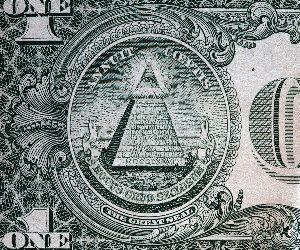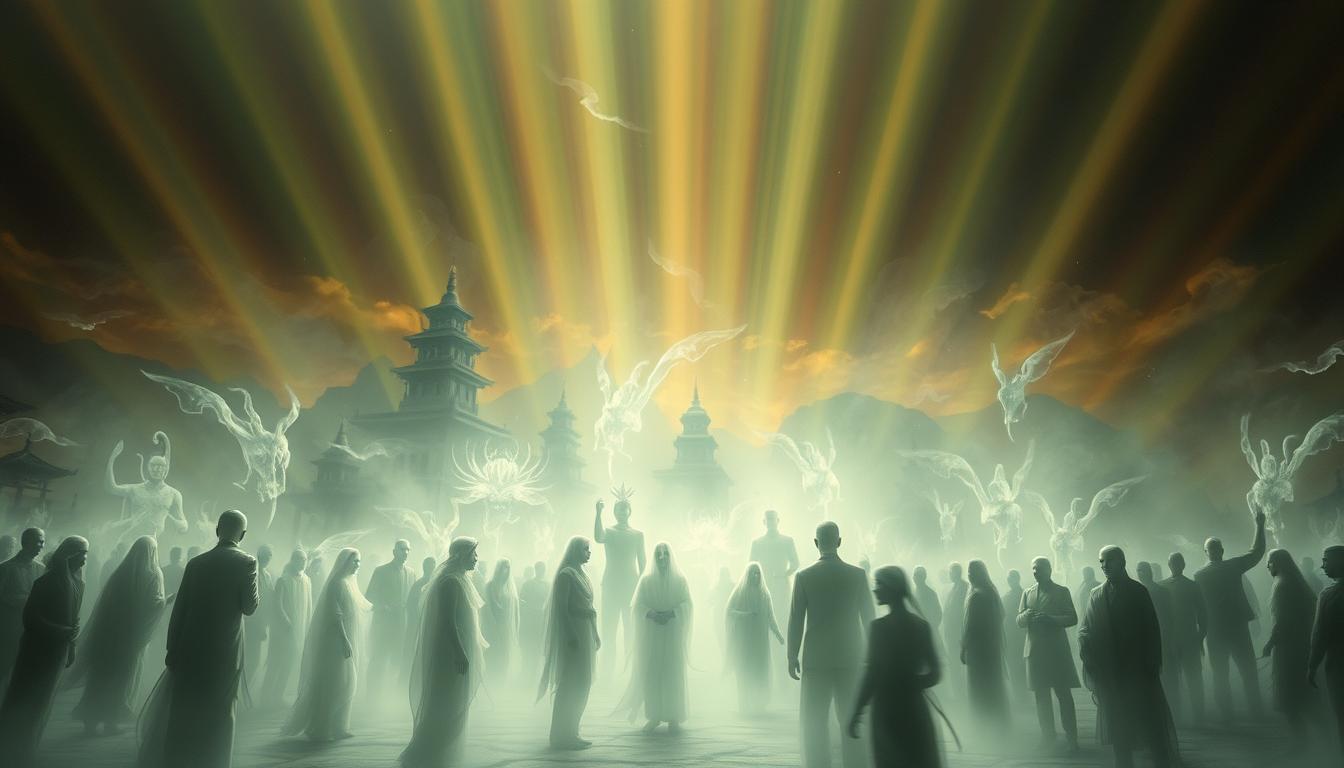Illuminati

Definition:
The Illuminati were a real Enlightenment-era secret society, founded in Bavaria in 1776, aiming to promote reason, secularism, and anti-clerical ideals. Today, the term is often linked to conspiracy theories about a global elite allegedly controlling world events, governments, and media behind the scenes.
Historical Background:
-
Founded on May 1, 1776, by Adam Weishaupt in Ingolstadt, Bavaria
-
Initially called the Order of Perfectibilists, later renamed Order of the Illuminati
-
Modeled partly on Freemasonry, with its own initiatory structure and symbolism
-
Banned in 1785 by Bavarian authorities
Goals and Structure:
-
Advocated reason, equality, education, and freedom of thought
-
Opposed religious dogma and monarchical rule
-
Secretive hierarchical structure, recruiting among intellectuals and reformists
-
Notable members included Johann Gottfried Herder and Adolph Knigge
Conspiracy Theories (Since 19th Century):
-
Despite being disbanded, rumors spread of the Illuminati’s continued secret influence
-
Seen as allegedly responsible for revolutions, wars, and global control agendas
-
Often linked to the idea of a “New World Order”, bent on total dominance
In Pop Culture and Esotericism:
-
Common theme in fiction, games, and films (e.g. Angels & Demons by Dan Brown)
-
Associated with pyramids, the All-Seeing Eye, and symbolic numbers like 666
-
Sometimes portrayed as guardians of ancient wisdom in spiritual circles
Links:







